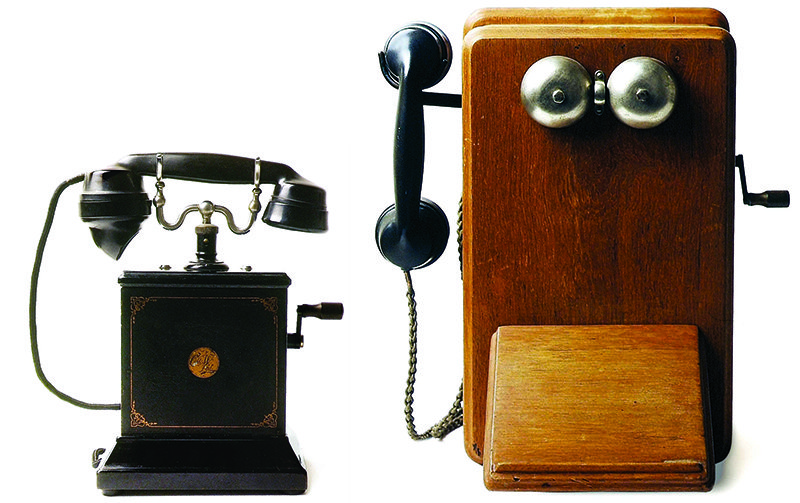A new book published by Cyta looks at the evolution of communication on the island, and with it the recent social history of Cyprus. ALIX NORMAN takes a closer look
2021 marks the 60th year since the birth of an agency on which we all rely daily: the chief telecommunications provider on the island, Cyta.

book cover
The anniversary is commemorated with the release of The Evolution of Communication. Published online and free to read, this fascinating book tells the story not just of telecommunication, but of Cyprus’ entire recent past: life under colonial rule, the struggle for independence, and the island’s journey into the future.
What originally began in 1955 as the Cyprus Inland Telecommunications Authority joined in 1961 with the external communications from Cable and Wireless Ltd to become the Cyprus Telecommunications Authority. In 1988, the mobile telephony service was launched; internet services quickly followed, as did a foray into the digital and interactive television market under the name Cytavision.
But Cyta is still just a business; a semi-governmental company that relies – as do all ventures, no matter their size – on its roughly 2,000 employees. It’s these employees, past, present, and future, to whom the The Evolution of Communication is dedicated.

“Cyta,” writes Chairman Rena Rouvitha Panou in the foreword, “was there and is always here – through simple joys and through difficult times, whether personal, family, professional, social. Such moments exist precisely because their communication exists, together with the means to record them, and the technology to transmit and diffuse them. Cyta’s 60 years are a unique aggregate of moments of communication.”
Evolution takes us from the very first manual telephones of the 1910s to the futuristic technology in use today. And it’s a journey that’s as much about Cyprus as it is about communication… The book details many of the island’s historic events, including the uprising of 1931 (in which rioters’ destruction of railway lines wreaked havoc on the telegraphy services of the time); the first local ship-to-shore radio service (known as Radio Larnaca, and launched in the 1930s) which facilitated maritime rescue authorities; and the timely introduction of manual telephony during WWII.


‘During the EOKA liberation struggles, the telecommunications authority of the time was under the complete control of the colonial administration,’ we’re told. ‘As a result, telephones were not used by EOKA fighters for reasons of secrecy and security’. Though it’s noted that members of the authority who belonged to EOKA monitored conversations amongst the British and gathered valuable information about ambushes or traps.
From independence (and the formation of Cyta proper in 1961, as a unified public entity), to the intercommunal violence of the 1960s (which destroyed several crucial cables), and the illegal seizure of the telecommunications network in July 1974 (during which a number of employees lost their lives in their attempts to maintain the service), this is a book which provides us not only with a detailed view of telecommunications history, but also gives us a mesmerising look at our past. The story of Cyta, the book suggests, is intrinsically linked to the modern history of the island and its people. In short, The Evolution of Communication is the story of Cyprus itself.
To read The Evolution of Communication, visit https://www.cyta.com.cy/lefkoma-60-years/el







Click here to change your cookie preferences